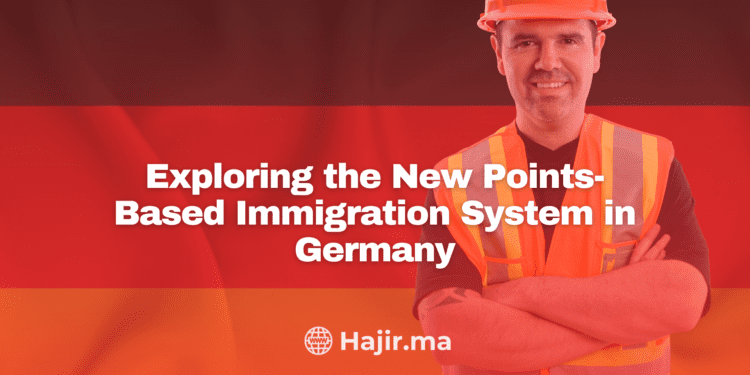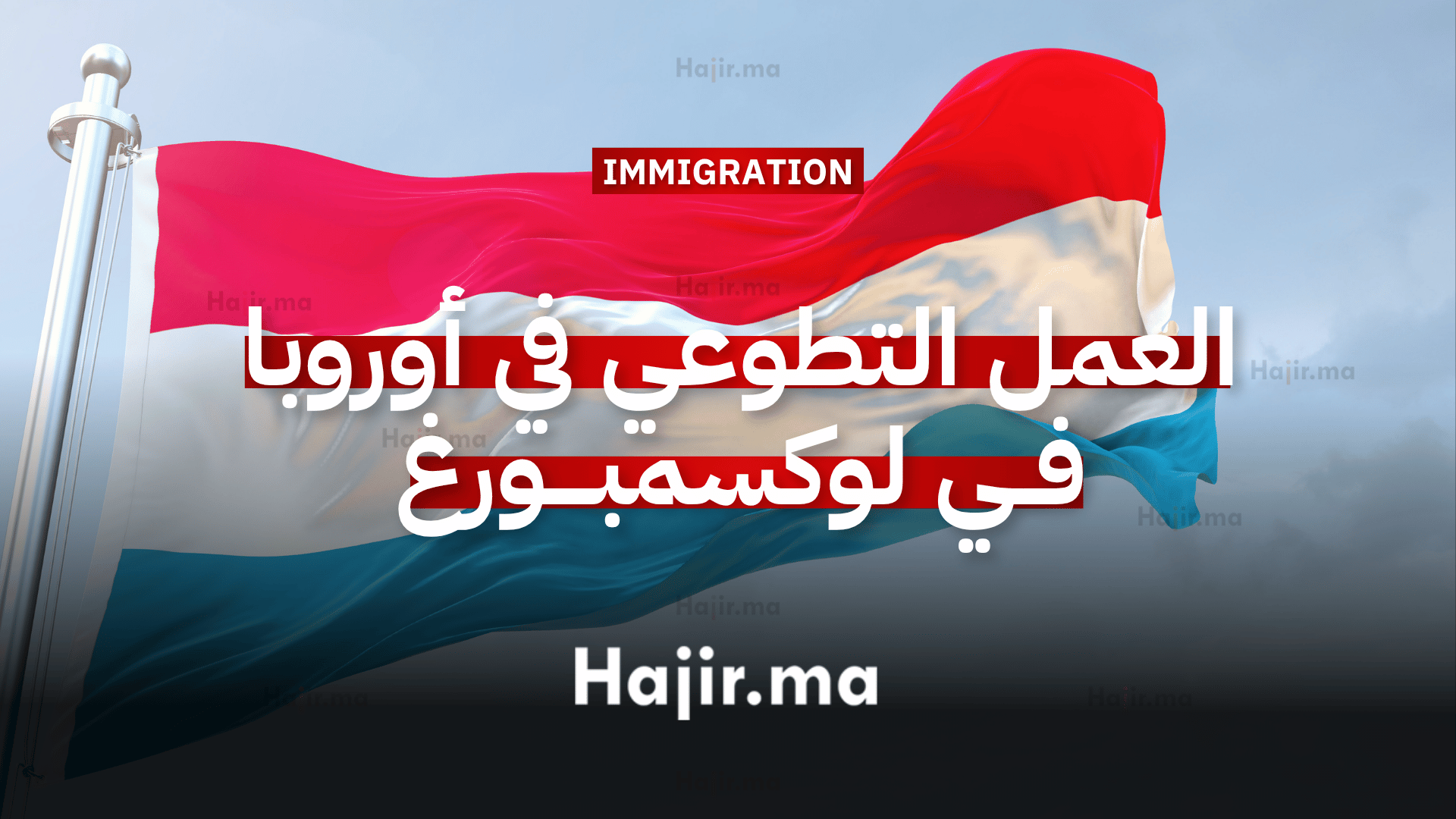The new immigration system in Germany constitutes the legal and regulatory framework that outlines the conditions and procedures for the entry of immigrants and residents into the country. Designed to attract qualified and capable immigrants, this system aims to facilitate their entry based on the economic and societal needs. The laws and policies implemented under this system rely on a set of defined criteria, including professional qualifications, language skills, work experience, and the economic and social needs of the nation.

Germany: A Magnet for Skilled Immigrants
Germany stands as one of the most attractive destinations for qualified immigrants and individuals seeking better work opportunities and lifestyles. With an increasing demand for global talents and skills in the job market, the German government has enhanced and developed its own immigration system to draw in professional talents and high-skilled individuals who contribute to both the economy and society.
In this article, we will delve into the “New Points-Based Immigration System in Germany,” the fresh framework adopted by the German government to attract qualified immigrants based on clear and transparent criteria. We will explore how this system operates, the evaluation criteria for immigrants, and the benefits it offers to individuals and the German economy.
The Strategic Move Towards a Points-Based System
As the demand for qualified human resources in Germany grows, the step towards a points-based immigration system is a smart strategic move aimed at enhancing the country’s competitive capabilities and achieving sustainable development. Through this system, immigrants are provided a fair opportunity to live and work in Germany based on their qualifications and skills, fostering cultural coexistence and economic growth within the German society.
Get Now
Critical Skills Employment Permits: Attracting Skilled Professionals to Ireland’s Labor Market
Calculating Immigration Points for Germany
The calculation of immigration points for Germany is based on criteria determined by the new points-based immigration system. Each criterion awards points to the applicant, and the total points accumulated determine their eligibility for an immigration visa to Germany. The point values and minimum requirements may vary depending on the targeted category of immigrants and the purpose of migration.
For instance, if we consider a simplified assessment system that awards points as follows:
Academic Qualifications and Professional Training:
- Bachelor’s degree: 20 points
- Master’s degree: 30 points
- Doctorate: 40 points
Work Experience:
- Previous work experience between 1 and 3 years: 10 points
- Previous work experience between 3 and 5 years: 20 points
- Previous work experience over 5 years: 30 points
Proficiency in the German Language:
- Level A1: 10 points
- Level A2: 20 points
- Level B1: 30 points
- Level B2 and above: 40 points
Age:
- Below 25 years: 30 points
- Between 25 and 35 years: 20 points
- Between 35 and 45 years: 10 points
- Above 45 years: 5 points
Family and Economic Ties to Germany:
- Family in Germany: 10 points
- Job offer from German companies: 20 points
After calculating the points for each criterion, the total points can be summed up to determine the applicant’s qualification for an immigration visa under the new points-based immigration system in Germany. It’s important to note that the values provided here are for illustrative purposes only and do not represent the actual laws and requirements of the system implemented in Germany.
Conclusion
Germany’s new points-based immigration system is a strategic approach to attract skilled individuals and professionals who can contribute to the nation’s economy and society. By offering a transparent and quantifiable assessment of applicants’ qualifications, work experience, language skills, and other factors, the system ensures a fair and efficient selection process. As the world evolves, Germany’s commitment to refining its immigration policies underscores its dedication to maintaining a competitive edge in the global landscape while fostering cultural diversity and economic prosperity.






